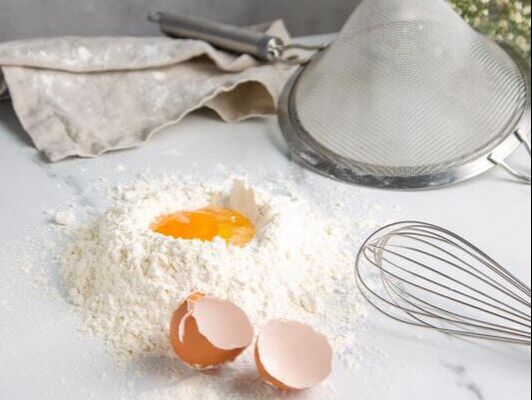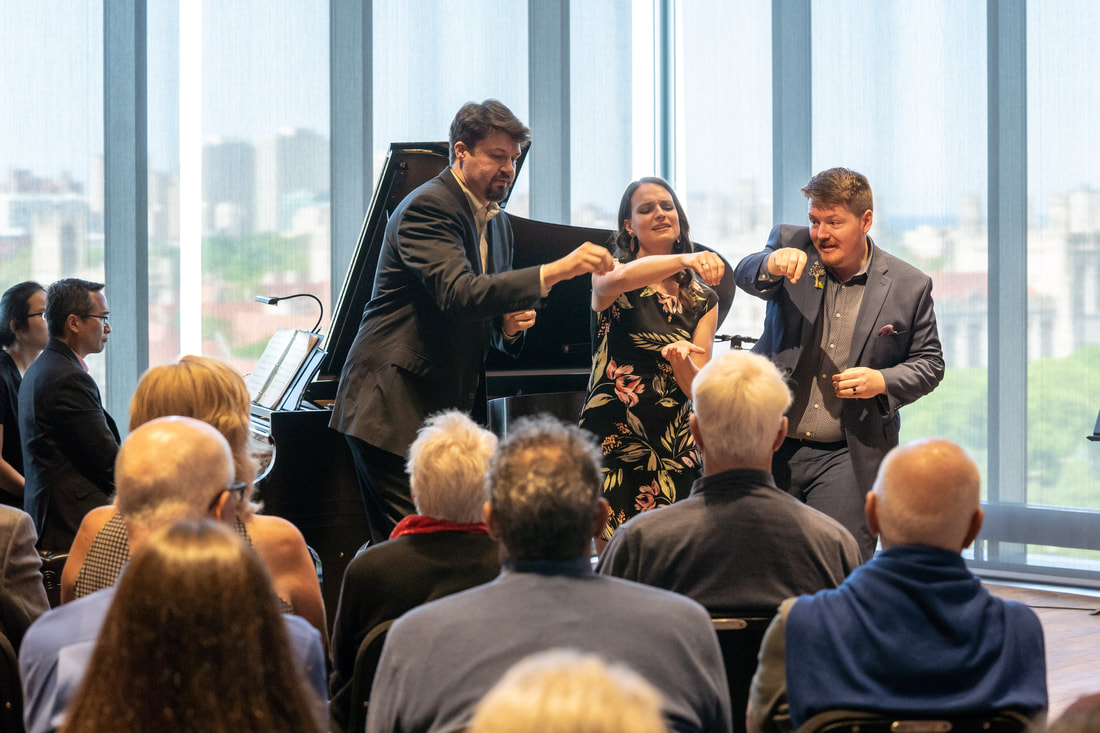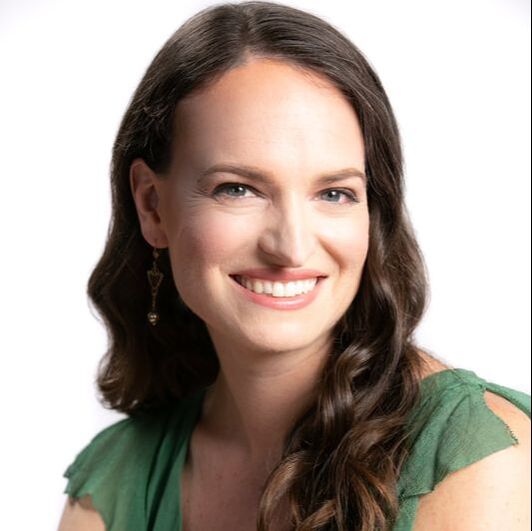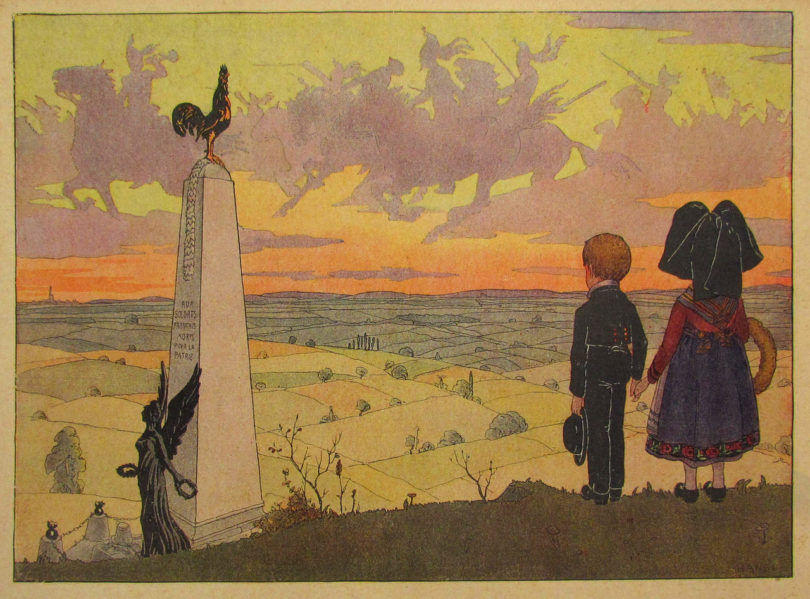 Photo by Natallia Nagorniak on Unsplash Ah, the holiday season. A time for nostalgia, music, sending cards, decorating homes with lights, and - above all - enjoying special holiday foods! Favorite recipes and treats have the power to transport us in time to our childhoods, or make us feel suddenly closer to family, friends, and loved ones we may not otherwise get to see. Just a few nights ago, my mother and I were surprised to discover we were simultaneously making my great-grandmother’s Dutch Sinterklaas cookie recipe while halfway across the country from one another! Whether it’s grandma’s babke, an uncle’s spiced cider, or your cousin’s famous cheesy bread, everyone has one or two special dishes that signal holiday cheer. So, without further ado, let Fourth Coast Ensemble offer you a new recipe to add to your tradition this year: “Tuna Supreme!” Performed by the quartet and pianist Kuang-Hao Huang in the spring of 2019, composer Richard Pearson Thomas’ humorous Fish ‘n Chicks song cycle culminates in this zany finale. As text, Thomas sets a real recipe taken out of “Betty Crocker’s Picture Cookbook, 1950.” After a dramatic piano glissando, the close vocal harmonies mimic a Hollywood trio from that era, proclaiming excitedly: “TUNA SUPREME. A treat from the deep. A perfectly grand dish for women’s luncheons!” Yes, we have officially landed in 1950. The music then flies off into the joyous “Fast swing tempo” of the recipe itself: a casserole with very specific ingredients, some of which may seem rather odd to our 21st Century gastronomic sensibilities. But the enthusiasm is infectious: from the walking bass line in the piano, to the rhythmic tenor and bass spoken section (you’ll know it when you hear it!) under a semi-improvisatory soprano vocalism, to huge crescendos and vocal glissandos, it’s a cooking experiment in Technicolor! And then, just when you think it’s over, Thomas reels you back in for one last dive through the animals celebrated earlier in the cycle, bringing it all to a true Hollywood finish. What a treat!
1 Comment
Maurice Ravel composed his Trois Chansons in late 1914 and early 1915 following the outbreak of World War I. Using his own texts he wrote music for mixed a cappella choir that hearkens back to the traditional French chansons of the late Medieval and early Renaissance eras. Ravel dedicated the songs to people he thought could help him enlist in the military, and he ultimately enlisted in March of 1915, helped by Paul Panlevé to whom the second movement is dedicated. "Trois beaux oiseaux du Paradis" depicts a girl (portrayed by soprano Sarah Van der Ploeg) whose beloved has gone off to war. Three birds representing the colors of the French flag each bring a remembrance of her love—a glance of blue eyes, a kiss of purest white, and a loving heart of crimson. "Ah, I feel my heart growing cold," says the girl as she begins to understand that she will never see her love again. Ravel sets the solo voice against a wordless chorus that often serves as something of a drone, and offers a continual refrain of "my love has gone to the war" to create a haunting atmosphere. Trois Chansons is the only music that Ravel wrote for a cappella choir, and after hearing this song one wishes that he would have composed more. Fourth Coast Ensemble performed these songs on our What a Zoo! concerts in June of 2019. We were joined by guest vocalist Ashley McKinstry.
|
SUBSCRIBEAboutHello, and welcome to the blog! We are Fourth Coast Ensemble, Chicago's classical vocal quartet. Join a different member of our ensemble for insights into our favorite art songs, links to archival and new recordings, and reflections on why we value and continue to come back to this musical medium. We proudly present, your #artsongfix! Archives
June 2023
Categories
All
|





 RSS Feed
RSS Feed
